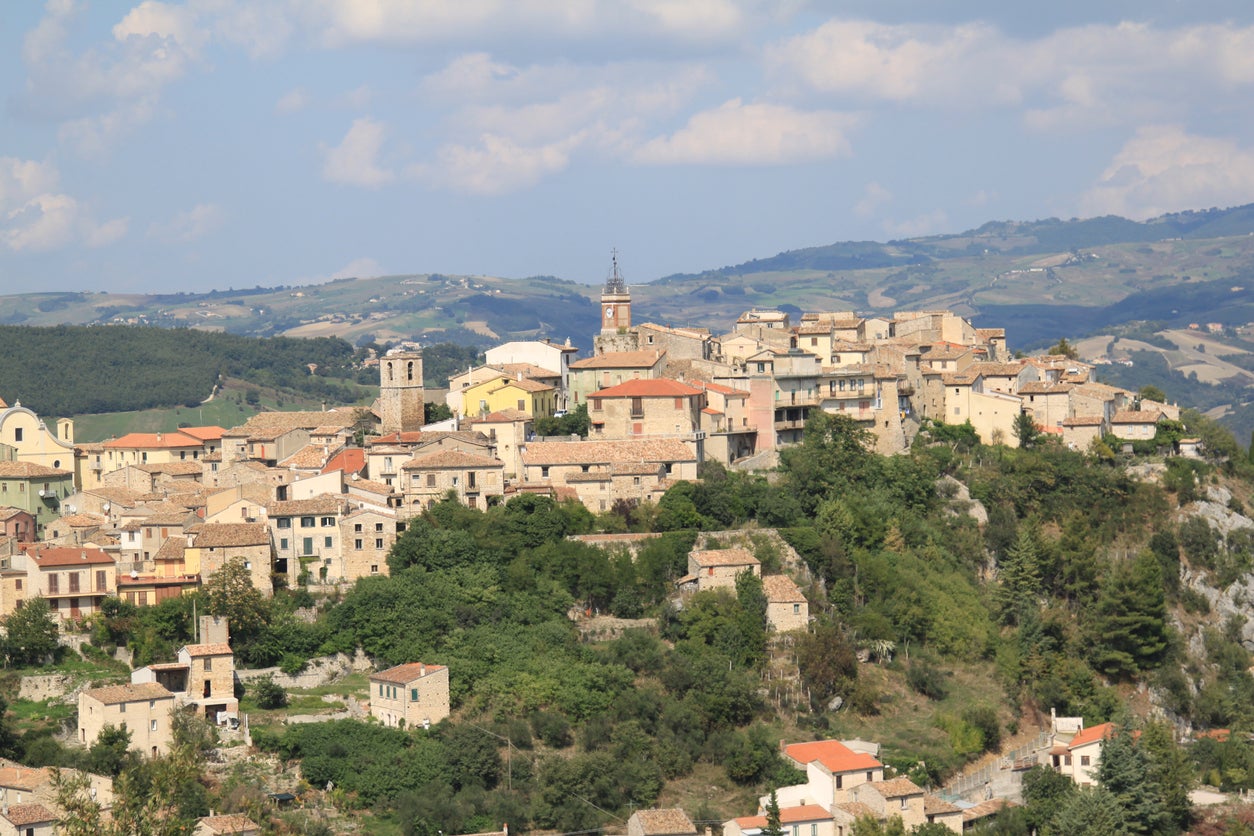This website uses cookies so that we can provide you with the best user experience possible. Cookie information is stored in your browser and performs functions such as recognising you when you return to our website and helping our team to understand which sections of the website you find most interesting and useful.

A village in the southern Italian region of Molise is giving away properties for free in hopes of breathing life back into the commune.
Castropignano, a hill-top community home to just 923 inhabitants and a 14th-century castle, said in a public notice that it’s hoping to fight depopulation in the region by offering up its abandoned properties.
Owners of the homes have given express consent to sell them “free of charge (or for a nominal fee)”. The nominal fee has been set at just €1(90p), like many of the other villages running similar schemes.
It’s hoped that the sale of the houses will achieve four things: recovery and development of the historic centre of Castropignano and the hamlet of Roccaspromonte, where some of the buildings have become dangerously dilapidated; revitalisation of the historic town centre; contribution towards the economic growth of the country; and help for socio-cultural integration.
As for those who are hoping to bag one of the properties for free or a nominal price, there are specific criteria that need to be fulfilled.
Private buyers can be Italian, EU or non-EU citizens, but businesses are also welcome to apply – as long as they are registered with the Italian Chamber of Commerce, Industry, Agriculture and Crafts; are compliant with social security and welfare contributions; and are not subject to bankruptcy procedures.
They will need to write to the mayor, Nicola Scapilati, with an outline of what they hope to achieve in buying the property – for example to turn it into a family home or tourist accommodation or other business – and what skills they have to make it a success.
Once approved, they will need to sign a public deed of purchase within two months, be prepared to pay all the associated legal fees for the purchase, apply for planning permission to renovate the property within six months and, once the permit has been approved, start building works within two months.
To guarantee that buyers will go through with the project, they are also asked to deposit €2,000 (£1,795) with the local government as a sort of insurance policy. This will be returned after three years once the project is complete.
There’s been a growing number of Italian villages selling homes for just €1 in the past few years.
Brexit briefing: How long until the end of the transition period?
One of the most recent was the town of Salemi in Sicily, which also happened to be one of the first places to launch the initiative in 2008. But its plans were delayed by over a decade due to red tape.
It was decided that improvements to the town should be completed before the properties were auctioned.
These included upgrading infrastructure and services, from roads and electric grids to sewage pipes.
“It was a long process,” the town's mayor, Domenico Venuti, told CNN Travel. “Not only did we carry out thorough maintenance works to secure the risky crumbly areas, we also had to recover many properties to residential use.
“We've been ready for a while but wanted to wait and see how the Covid-19 emergency evolved.”
He added: “Now the town is ready for the next step.”



 Africana55 Radio
Africana55 Radio 
